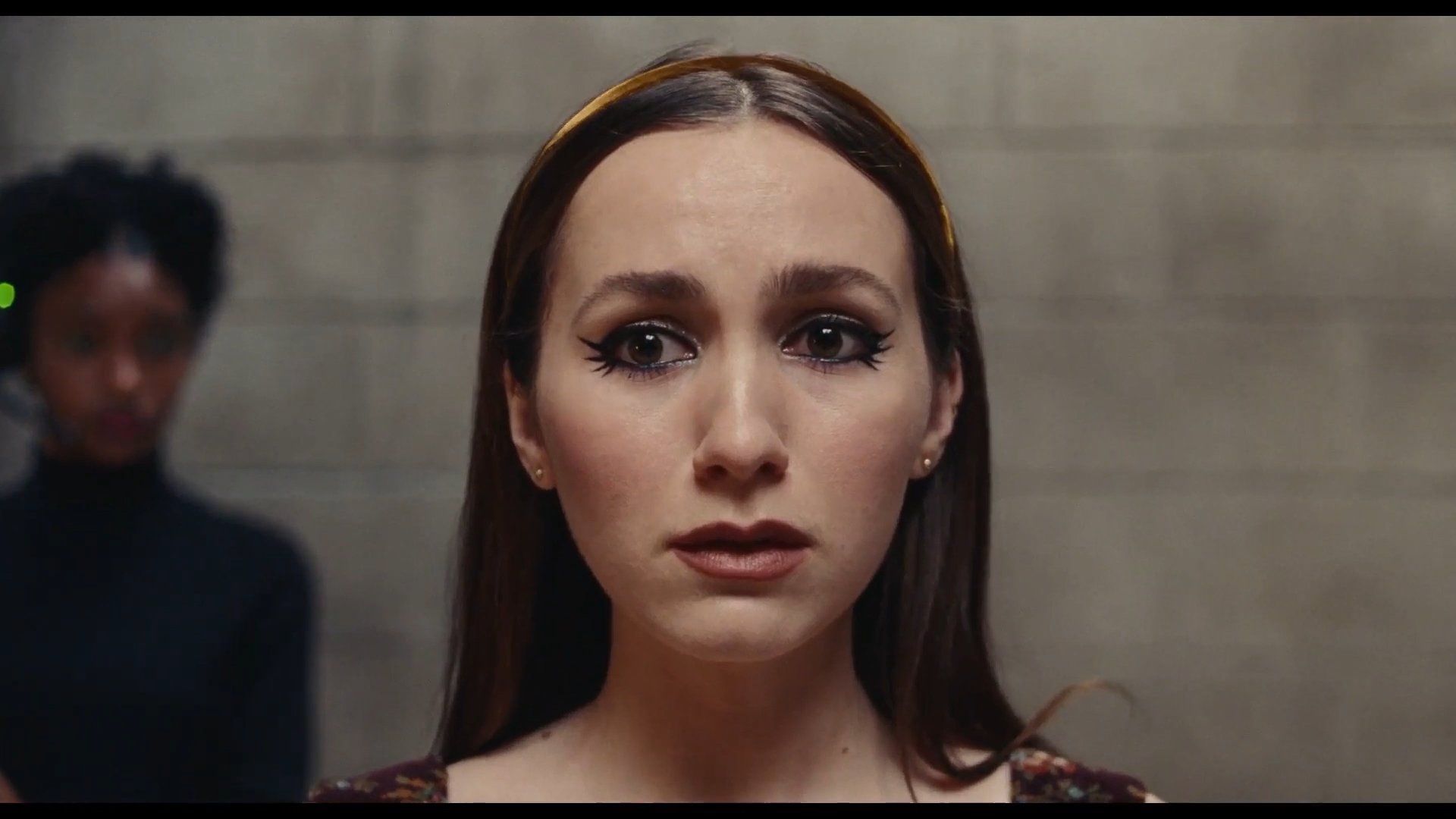We all sit at home sometimes feeling like we’re wasting our lives. Maybe we’ve bailed on plans we didn’t have the emotional energy to turn up to, or maybe someone’s not reached out, or isn’t replying, and we’re forced to make do with our own company. We often think these things and their symptoms, social anxiety and loneliness, are interlinked. In reality according to a new study, at least — suffering from one doesn’t necessarily mean you suffer from the other.
A study by the Journal of Neuroscience on the “Behavioral and neural dissociation of social anxiety and loneliness” has highlighted the ways in which the two manifest, and how high and low sufferers of loneliness with fluctuating levels of social anxiety react in a simulated situation. Here’s how the study worked:
The scientists behind it created a game that required the participant to choose between taking a low risk bet, which would award them with a smaller amount of money, or a larger risk bet that could potentially reward them with a higher amount. But if they were to take the higher bet, they would be confronted by a video of someone either praising them for their choice or disapproving of it.
Those with notable levels of social anxiety took the safer bet, as they mostly felt heightened levels of anxiety when confronted with the task. But several of the participants with high levels of loneliness weren’t faced with the same pique in their anxiety levels when faced with the task. Rather than being directly tied to social anxiety, the report suggests that loneliness is more closely linked to “a biased emotional reactivity to negative events rather than social avoidance”. Basically, if you’re lonely, that may not be because you don’t spend enough time with other people; the catalyst could be something completely different, and being social may not actually ail that loneliness. As the study puts it: “loneliness is a unique condition requiring its own interventions”. It makes sense. Loneliness sometimes feels like a disassociation from those around you.
Recently, we wrote about the way you could try and combat your own loneliness by embracing it, a method that leans into the idea of it not being directly linked to social anxiety after all. Of course, the people with the real answers are the medical professionals, but this kind of research is a comforting reminder that the routes so many expect you to take to cure your own mental illnesses, ones that may seem straightforward, may not be as effective as they seem. It’s okay to not force yourself to hang out with people. Instead, you can find more meaningful and effective ways to live with your loneliness.
Follow i-D on Instagram and TikTok for more on mental health.


